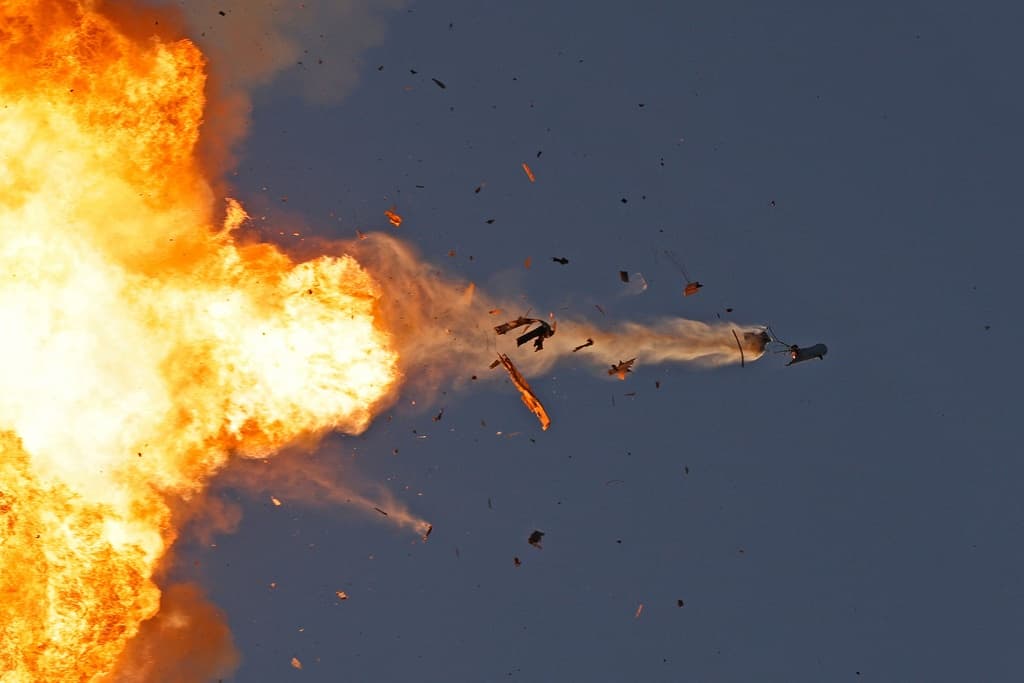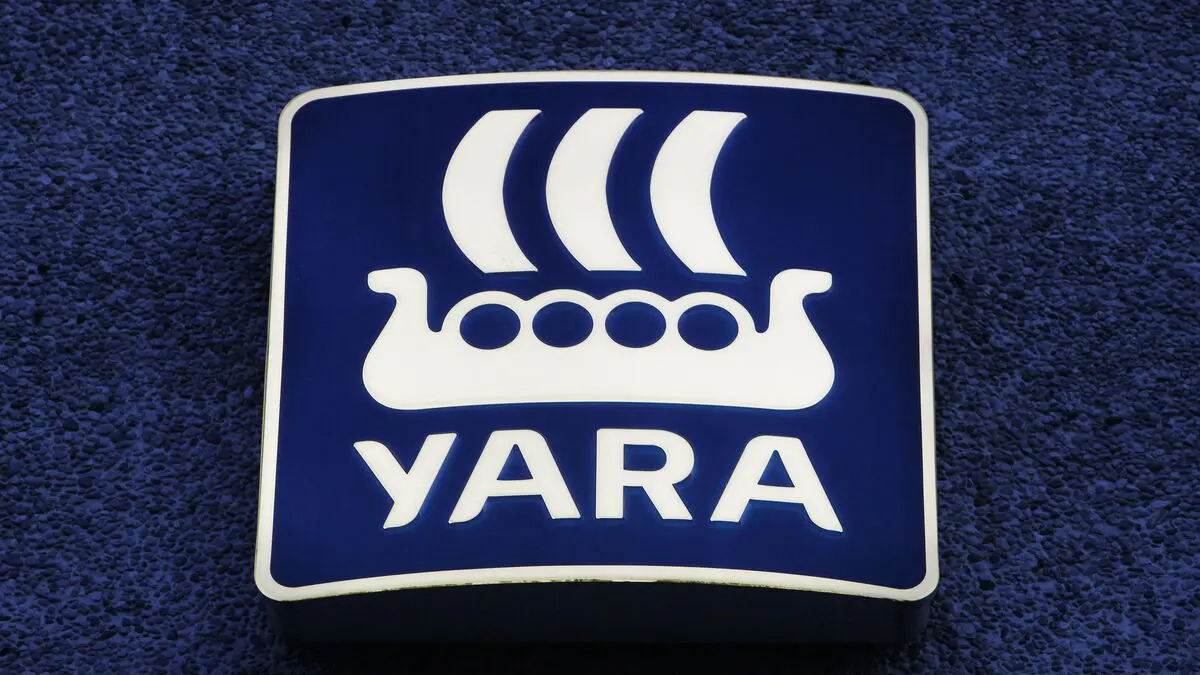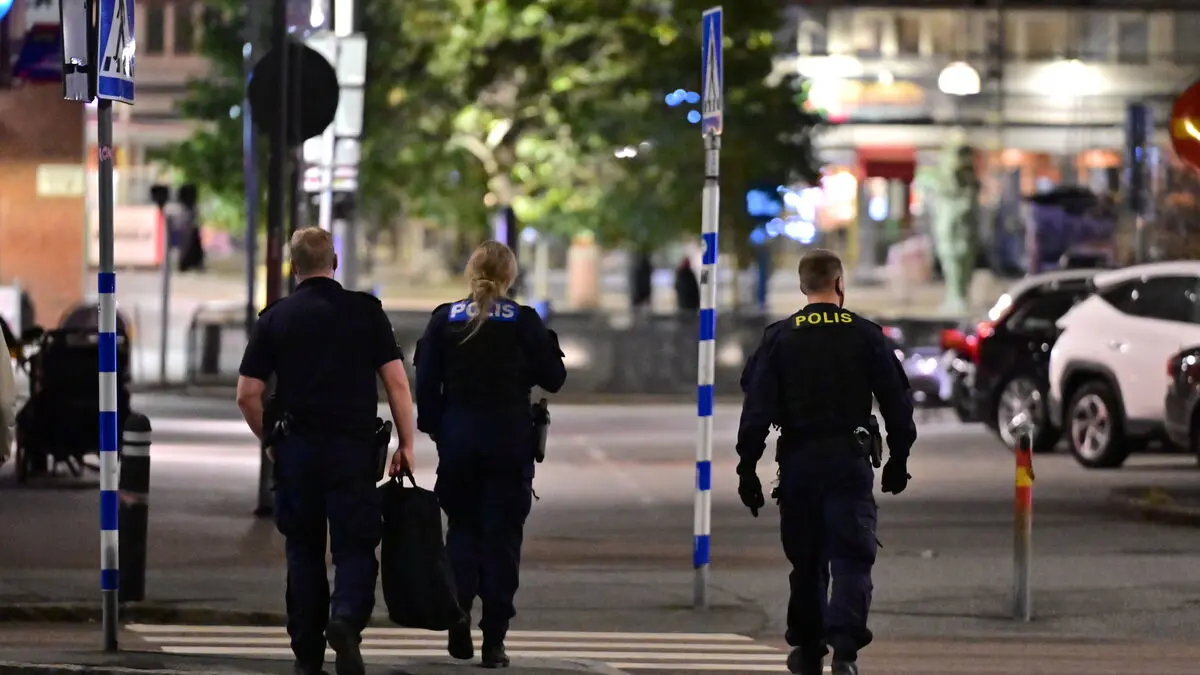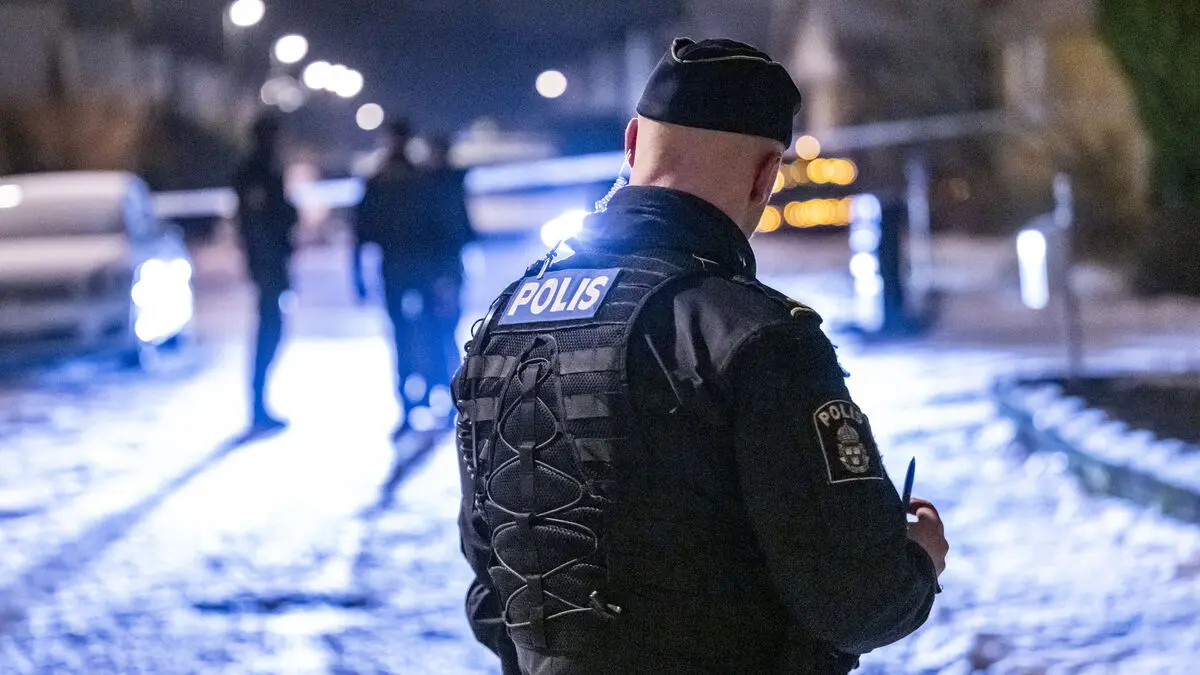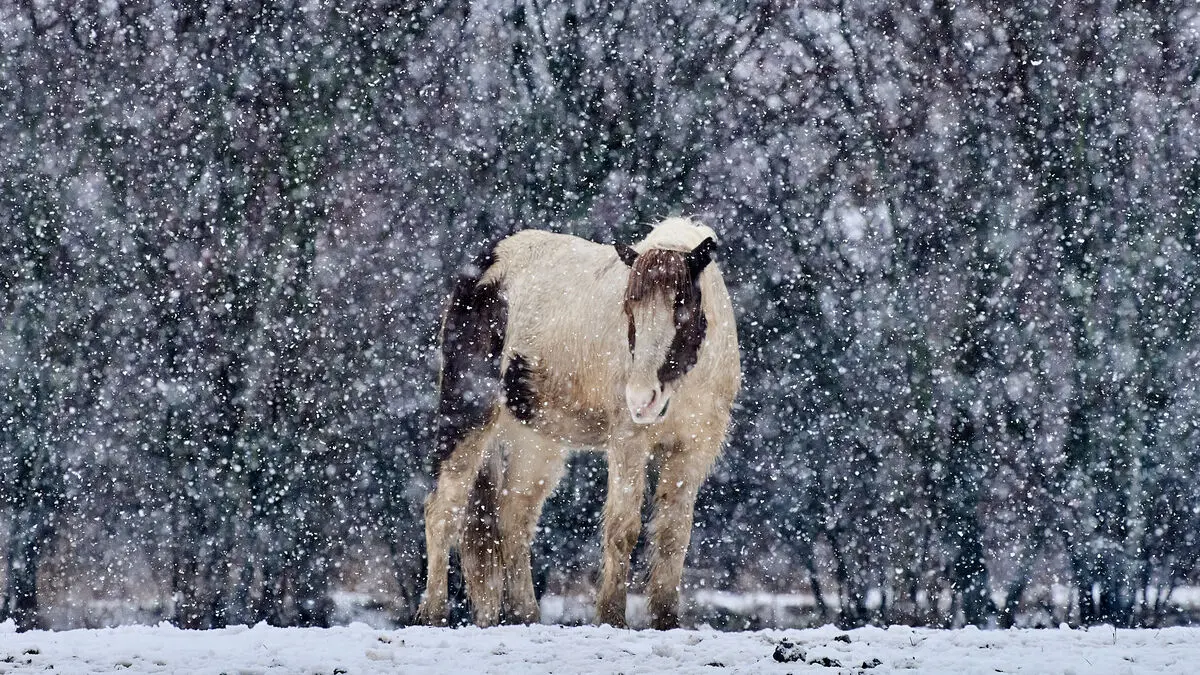Israel's Defense Minister Yoav Gallant has declared a state of emergency for two days.
"We are firmly determined to do everything to protect our country, so that the residents in the north can safely return to their homes and continue to follow a simple rule: whoever harms us, we will harm them", says Prime Minister Benjamin Netanyahu in a statement.
The Israeli attacks are not the "last word" in Israel's military offensive against the Shia Muslim Hezbollah militia, according to Netanyahu.
Knocked out launchers
Israel claims that around 100 fighter jets destroyed "thousands" of Hezbollah's rocket launchers in southern Lebanon on Sunday morning. Most of these launchers were directed towards northern Israel, and some towards the central part of the country, according to the IDF. However, Hezbollah denies that thousands of launchers were destroyed.
In connection with the IDF's attack, Hezbollah launched hundreds of rockets and drones towards northern Israel.
Later in the morning, Hezbollah announced that the attacks on Israel had ceased. However, another attack was carried out against "technical systems" in Manara in northern Israel in the afternoon.
According to an IDF spokesperson, Hezbollah's attacks have only caused "minor damage".
Military base, Hezbollah's target
Hezbollah leader Hassan Nasrallah says in a TV address that the target of their attacks was an Israeli military base near Tel Aviv, and that Hezbollah avoids civilian areas and infrastructure.
The attack on Israel is described by Hezbollah as a "revenge" for the death of its leader Fuad Shukr in July. In a first phase, which Hezbollah calls it, 320 rockets were fired towards Israel.
At least three militiamen are reported to have been killed in the Israeli attacks on Lebanon, while Israel reports that a marine soldier has died.
Egypt's President Abdel Fattah al-Sisi warns that a new front in the war is opening in Lebanon. He emphasizes the importance of a stable and independent Lebanon.
An Islamist movement, created in the early 1980s as a reaction to a conflict situation similar to today's. The Palestinian Liberation Organization (PLO) had used southern Lebanon as a base for attacks on northern Israel, which led Israel to invade in 1982.
Inspired by the Islamic revolution in Iran a few years earlier, Lebanese Islamists formed Hezbollah ("God's party"), a name chosen by the Iranian leader Khomeini.
A declared main goal has been to expel all "colonialists". In practice, this has meant that much of the armed struggle has been directed against Israel – seen as the representative of the Western world in the Middle East.
In Lebanon, Hezbollah functions as "a state within a state", with a military power at least as great as the country's army and a strong role in politics and social life.

